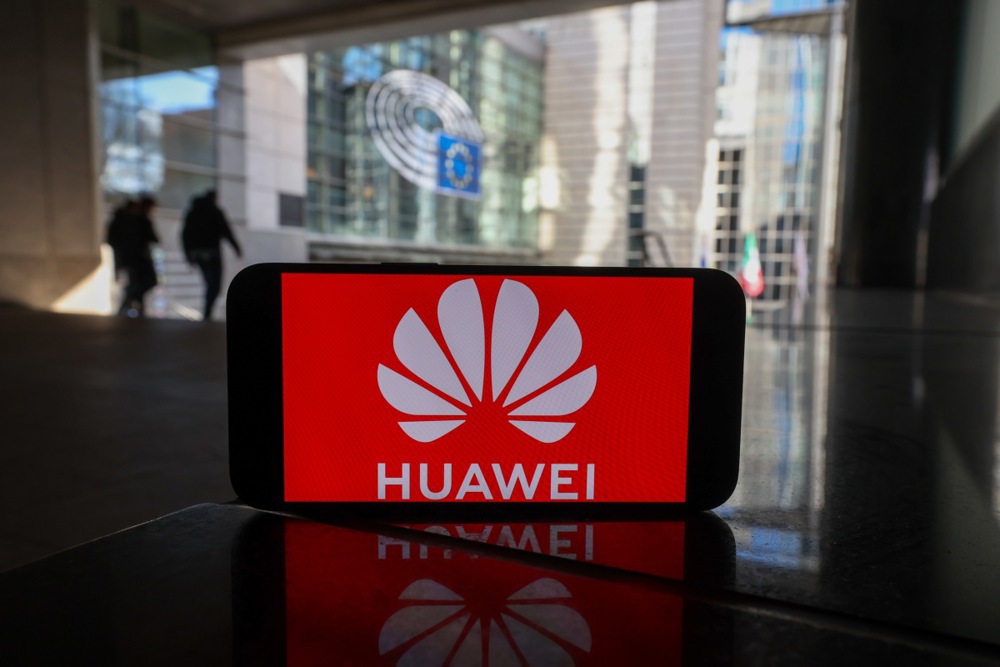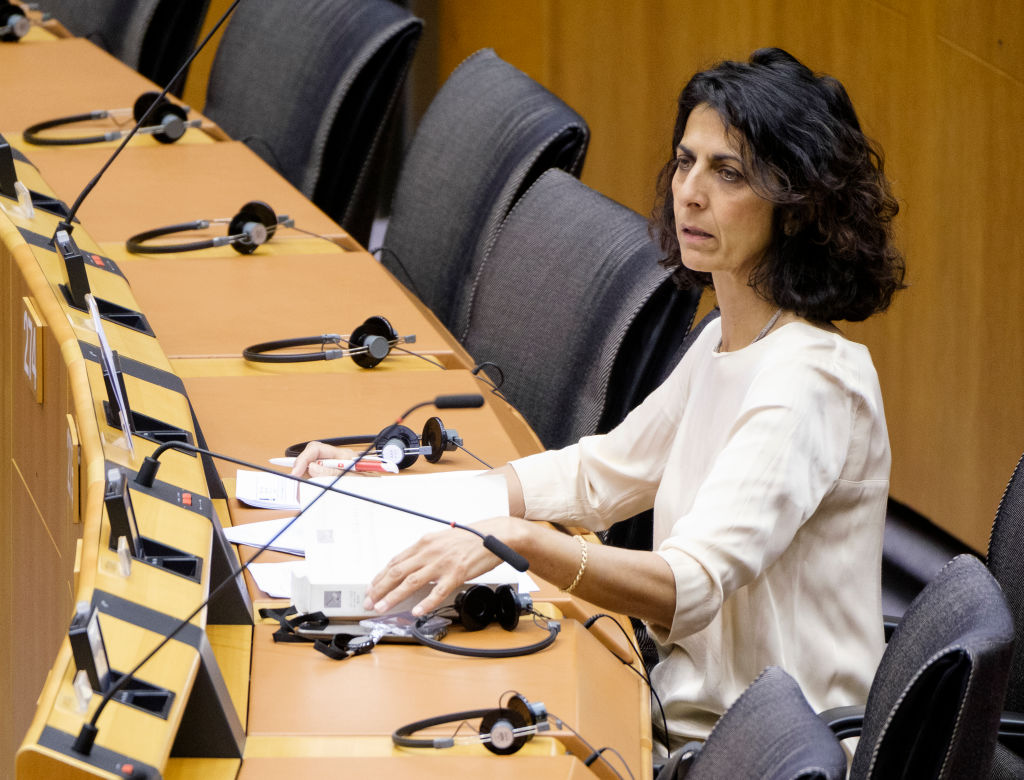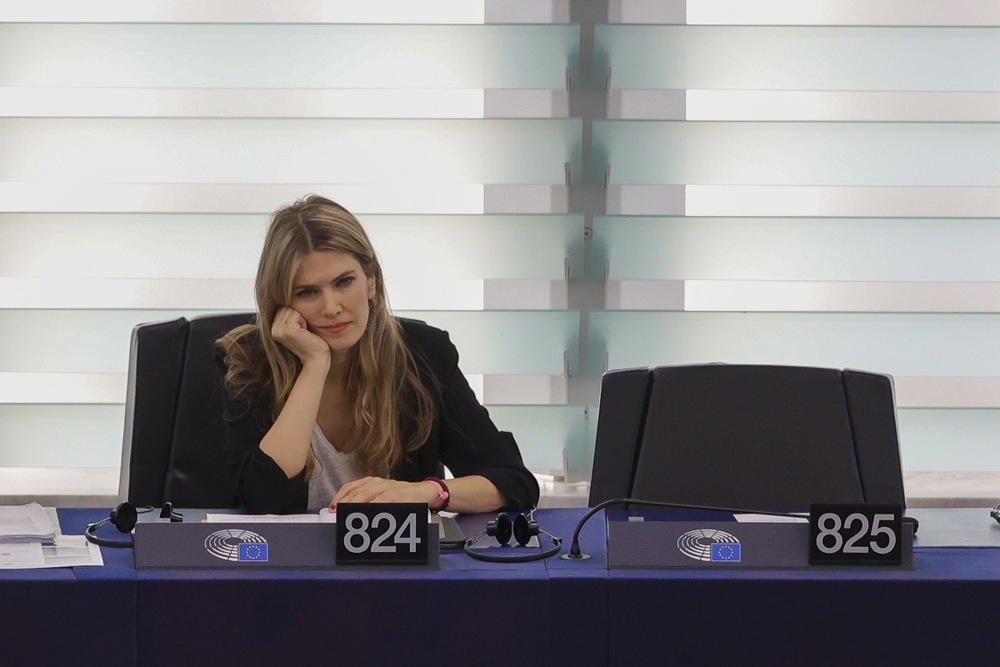The proposed Committee of Inquiry on Transparency and Accountability (TRAC) would examine a wide range of allegations, including foreign influence on legislation, abuse of power, misuse of funds and procurement irregularities.
Specific focus areas included lobbying by NGOs allegedly incentivised by the EC, the handling of Covid-19 vaccine contracts — notably involving private communications between EC President Ursula von der Leyen and Pfizer CEO Albert Bourla — and several named scandals: Qatargate, Timmermansgate, Reyndersgate and Huaweigate.
Calls for stronger oversight of EU institutions had intensified when the EC proposed an EU Ethics body in 2021. Although von der Leyen pledged to create such a body when she took office in 2019, the proposal stalled amid political opposition, including from her own European People’s Party (EPP).
MEPs renewed their demands in December 2022, days after the Qatargate scandal broke, revealing allegations of bribery involving MEPs and Qatari interests. It took 15 months from that point for seven EU institutions to reach agreement on a new ethics body, formally announced in 2024.
Its implementation has faced resistance, though. German Green MEP Daniel Freund, the EP’s lead negotiator on the ethics body and a long-time advocate for its creation, had then told the press right-wing parties “tried to weaken it or outright prevent it in the past”.
At the time, parties including EPP and European Conservatives and Reformists (ECR) groups objected to the authority of the proposed body.. They argued that such an institution would infringe on the rule of law and compromise the EP’s independence by undermining the separation of powers, according to the EUobserver.
Speaking about the TRAC proposal to Brussels Signal on May 7, Freund said: “It’s almost absurd … This has all the makings of a political scam. Instead of handing the far right another platform to attack civil society, we should focus on properly enforcing the transparency rules that already exist in Brussels.”
TRAC was initiated primarily by the Patriots group, said Vistisen, backed by all its members as well as a “few members from EPP … and ECR, ENS and some non-affiliated members”.
“No signatures from the Left, Greens, Renew or S&D,” he noted.
He criticised the lack of cross-party participation, stating: “We’re shocked and surprised that the left-wing and Liberals are showing no interest or will to examine this corruption.”
According to Vistisen, the next step involved the Plenary Unit verifying the signatures. If validated, the proposal would move to the Conference of Presidents for consideration — although not expected in the next couple of days.
“When everything is approved at technical level, there should be a vote in the Conference of Presidents. And it will be difficult to have the majority there and so have a Plenary vote,” he said.
If established, the TRAC committee would operate with a 12-month mandate and include 38 members, proportionally representing all political groups.
It would have the authority to summon witnesses, review confidential documents and recommend legislative or procedural reforms.
Vistisen stressed that while criminal investigations remained the responsibility of national authorities, the inquiry committee was “a tool to place responsibility for the systemic corruption of EU institutions and demand systemic change”.





